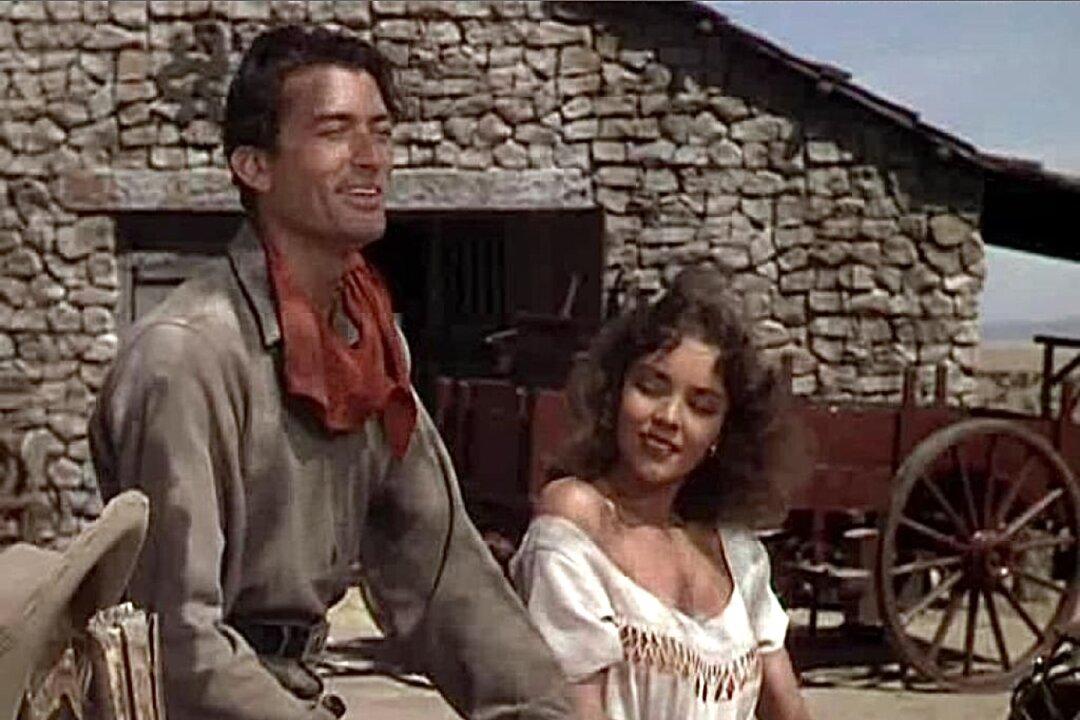NR | 2h 9m | Drama, Romance, Western | 1947
Gregory Peck’s roles are of principled men of high character, if not outright gentlemen, as in 1958’s “The Big Country.” It might be a little jarring to see him play bad boy gunslinger-on-the-run Jimmy Ringo in 1950’s aptly titled “The Gunfighter,” and, here, in “Duel in the Sun” (1946).






